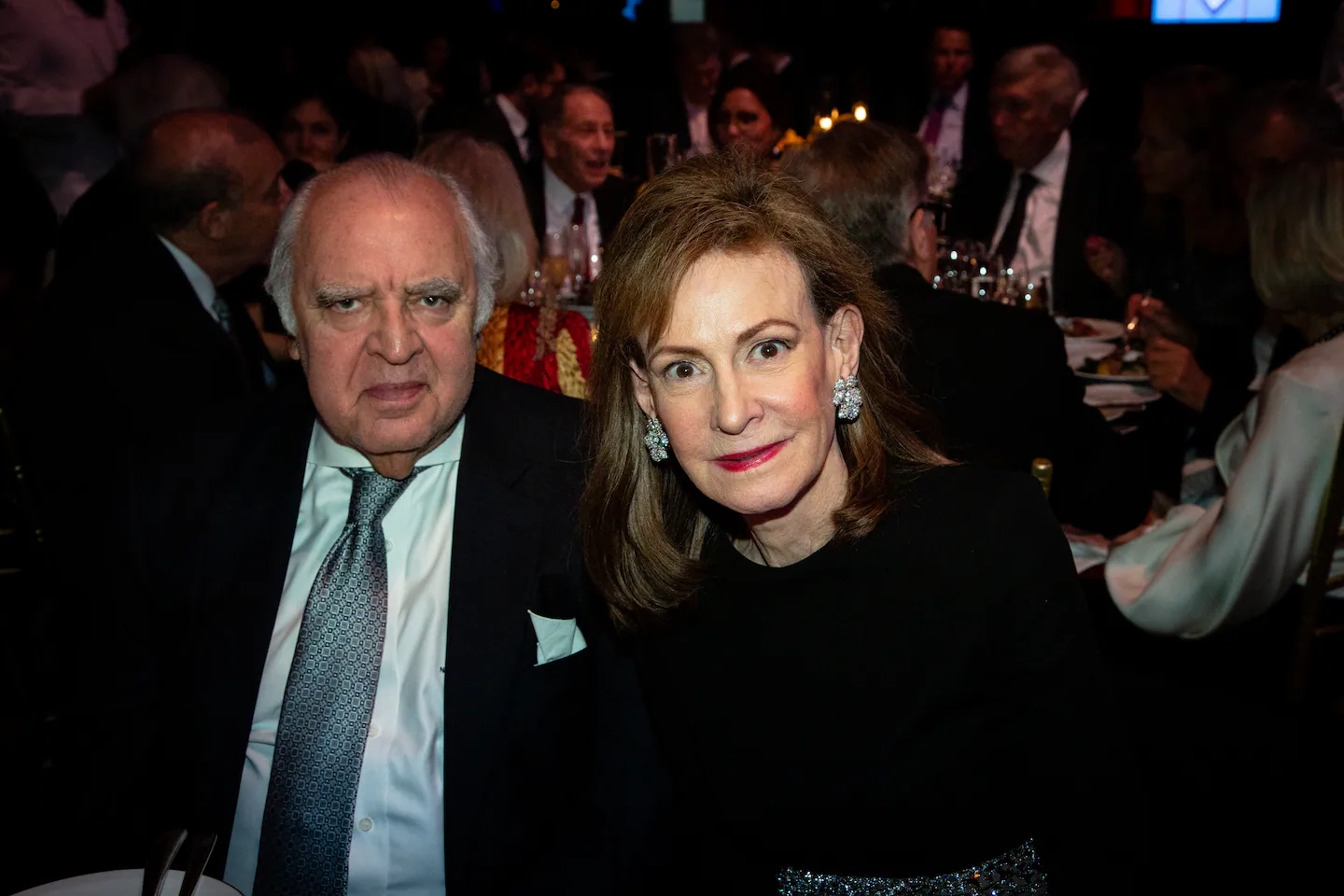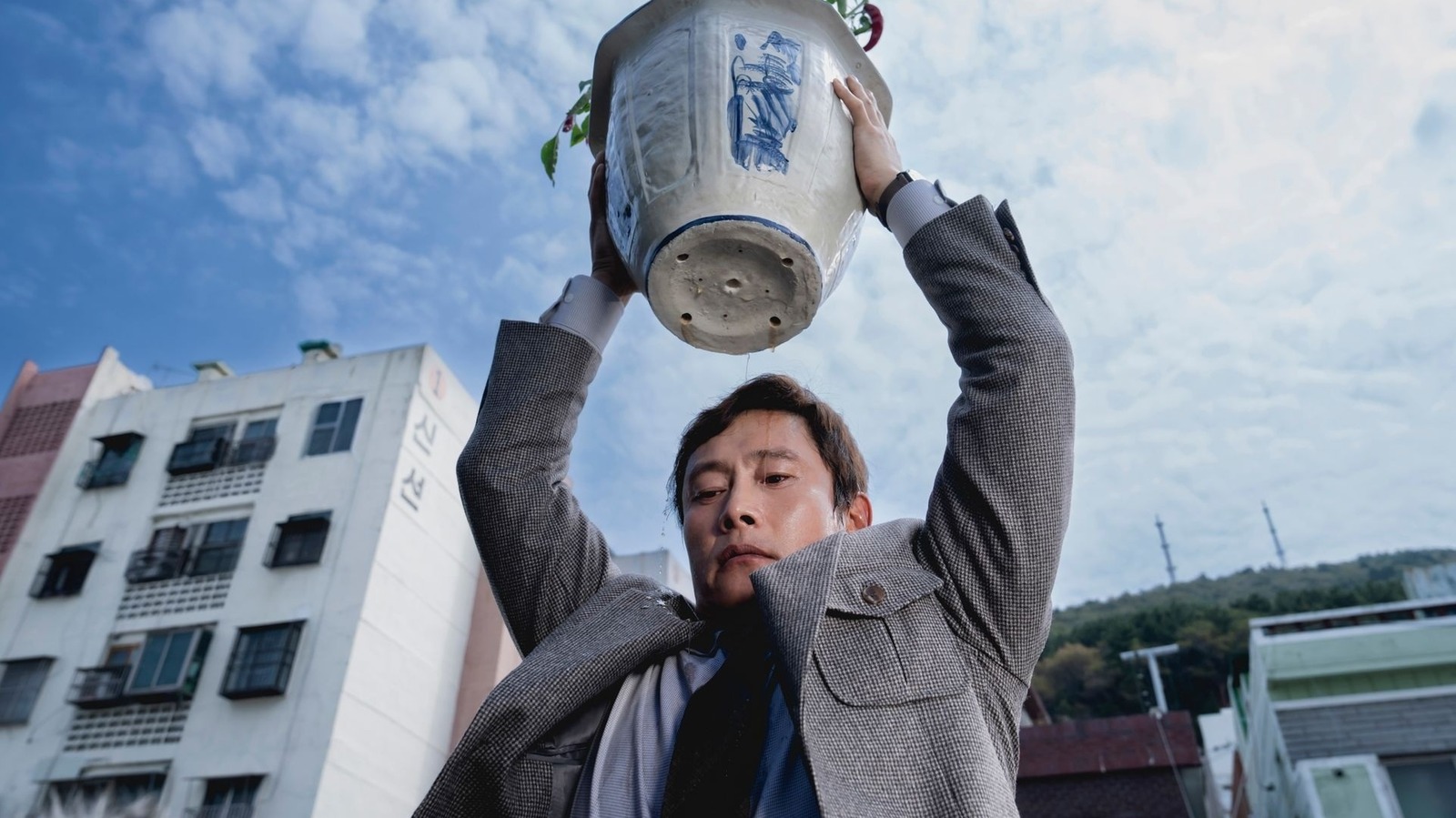
Her maternal grandfather, banker and financier Eugene Meyer, bought the Post out of bankruptcy in 1933. He named his son-in-law, Philip L. Graham, publisher in 1946. After Graham’s death by suicide in 1963, leadership passed to his widow, Katharine Graham, who overcame her inner fears and lack of preparation to preside steadfastly over the paper’s Pulitzer Prize-winning coverage of the Watergate scandal, which led to the resignation of President Nixon in 1974.
Although Ms. Weymouth was the oldest of four children — and the only daughter — Katharine Graham anointed her oldest son, Donald, as her successor in the early 1970s. Said to be wary of family competition, Graham wanted just one of her children involved in running the paper, Roswell L. Gilpatric, a Graham family lawyer, told author Carol Felsenthal for an unauthorized 1993 biography of Graham, “Power, Privilege and The Post.”
Ms. Weymouth resented being left out, Edward Kosner, a former editor of New York magazine, where she was a contributor, said in an interview. On the other hand, she was motivated to carve out a career on her own. “I think her family situation drove her ambition,” Kosner added.
In a 2011 interview with Washingtonian magazine, Ms. Weymouth said she never aspired to run the Post. “Mom decided on one child — Don,” she said. “I didn’t want to go to the Post. I wanted to make it on my own.”
In addition to New York, she worked as a freelance writer for Esquire and other publications in the 1970s. She contributed foreign reporting, especially about the Middle East, to the Los Angeles Times from 1983 to 1986. In 1986, Newsweek, which the Graham family also owned, asked her to specialize in interviewing foreign leaders for the news magazine, where she was diplomatic correspondent.
For Newsweek, Ms. Weymouth often published Q&A-style interviews with major world leaders. The prospect of their words being printed largely unencumbered by analysis and then read by America’s political elite certainly helped her land the big gets, among them President Hosni Mubarak of Egypt and dictators including Hussein of Iraq and Gadhafi of Libya. But she was known to be a dogged interlocutor.
For Newsweek in 2006, she grilled President Mahmoud Ahmadinejad of Iran about whether he stood by a comment he had made earlier that Israel should be “wiped off the map.” The Iranian president kept dodging the question, finally blurting: “Are you asking me yes or no? Is this a test?”
In a 1998 Newsweek interview with President Slobodan Milosevic of the former Yugoslavia, Ms. Weymouth grilled him on his support of Serbian forces in Bosnia responsible for ethnic cleansing. “What ethnic cleansing?” he defiantly said, adding, “I have a clear conscience.”
Ms. Weymouth was the Graham family member to wear most naturally the mantle of power hostess that her mother wielded as the ruler of social Washington.
She gave an annual July 4 celebration at her estate in Southampton, N.Y., where one might encounter Hollywood mogul Barry Diller and Peter Jennings of ABC News roaming the lawn; and an annual lunch in Davos, Switzerland, during the World Economic Forum.
She was fashionable and chic, with a tall and lanky figure of the type designer Oscar de la Renta liked to drape, and that author Tom Wolfe described as a “social X-ray” in “Bonfire of the Vanities.”
In 2011, at the annual White House Correspondents’ Association dinner in Washington, Ms. Weymouth invited reality TV star Donald Trump and seated him beside her. Some chroniclers date Trump’s decision to run for the White House and wreak vengeance on East Coast elites to President Obama’s roasting of him that night — in the tradition of the event — for his gaudy taste and fixation on conspiracies.
Elizabeth Morris Graham was born July 3, 1943, in Washington. After her father became the Post’s publisher, her mother filled the role of caretaker and hostess. Senators, Supreme Court justices, and President-elect John F. Kennedy were guests in the Grahams’ Georgetown mansion.
The family’s political connections were exemplified by her father persuading Kennedy in 1960 to choose Senate majority leader Lyndon B. Johnson as his running mate.
When her father took her to New York to buy dresses for her coming-out parties in 1961, the editor of Harper’s Bazaar helped her shop. The next stop was to meet Jacqueline Kennedy, the first lady, at the Carlyle Hotel.
In 1963, Philip Graham took his own life after being released from a psychiatric hospital, where he was treated for bipolar disorder. Her father, Elizabeth told People, “was the person I cared for most in the world. … He was always the person there in case you did something disastrous.”
The day before the funeral, Katharine Graham spoke to the company’s all-male board of directors, which terrified her, she wrote in a memoir, “Personal History.” Elizabeth, then 19, jumped into her car in her nightgown before the meeting with notes of what she should say. “It touches me still that this young girl, who was, if anything, more devastated than I, could scribble out this simple but correct sequence of thoughts,” wrote Graham, who assumed the role of Post president and publisher.
Ms. Weymouth, nicknamed Lally, graduated in 1965 from Radcliffe with a bachelor’s degree in American history and literature. In 1964, while a senior, she married Yann Weymouth, an architect, and she briefly was a reporter at The Boston Globe before becoming a mother.
Later describing their marriage as a “horribly rash” decision, they divorced in 1970, and Lally Weymouth entered book publishing at the suggestion of a family friend, British publisher George Weidenfeld. She and graphic designer Milton Glaser collaborated on “America in 1876: The Way We Were,” a bestselling softcover volume timed to the American bicentennial.
Ms. Weymouth, who was often described as mercurial in her personality, embraced progressive politics in the 1970s, when acidic left-wing journalist Alexander Cockburn was her live-in companion. She shifted right in the 1980s, when she dated Eric Breindel, an editorial page editor and tormentor of liberals for the New York Post.
In 1986, the conservative Washington Times, founded by the Unification Church leader Sun Myung Moon, offered her a job. Her mother, then chair of The Washington Post Co., and her brother Don, the paper’s publisher, made a counteroffer: Come to the Post as a roving correspondent and occasional columnist. She accepted.
Her oldest daughter, Katharine Weymouth, became publisher of the Post in 2008. She held the position until 2014, one year after the Graham family sold the financially struggling paper to billionaire Amazon founder Jeff Bezos. Newsweek had been sold in 2010 for $1 to audio equipment tycoon Sidney Harman.
Besides Katharine and her brother Donald, Lally Weymouth leaves a second daughter, Pamela Weymouth; her brother Stephen; and five grandchildren. Her brother William died in 2017.
Paradoxically, Ms. Weymouth was the last Graham family member with ties to the Post, where her title was senior associate editor. She sat down with Prime Minister Benazir Bhutto of Pakistan two weeks before Bhutto was assassinated in 2007 and interviewed President Volodymyr Zelensky of Ukraine in January 2022, a month before Russia invaded.
Her last column, in May, was an interview with the prime minister of Qatar.



